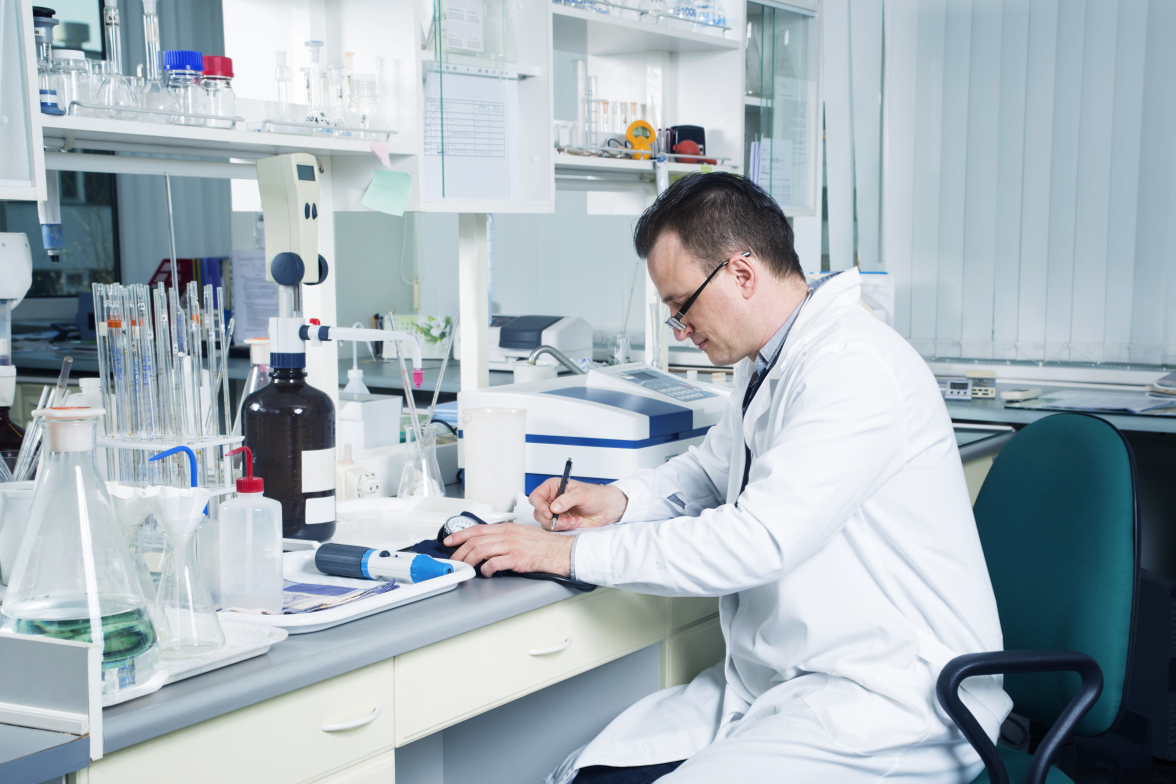
Image Source: Google
Biological medical assessments play a crucial role in diagnosing diseases, monitoring treatment progress, and predicting outcomes for patients. These assessments involve complex processes that begin in the laboratory and culminate in providing valuable insights to healthcare providers and patients. Let's delve into the journey of a biological medical assessment from the lab to the patient.
The Laboratory Phase
Before a biological medical assessment can reach the patient, it undergoes several stages in the laboratory to ensure accuracy and reliability. Here are the key steps involved:
Sample Collection and Processing
- Biological samples such as blood, urine, tissue, or genetic material are collected from the patient.
- The samples are processed to extract the relevant biomarkers or molecules that will be analyzed in the subsequent steps.
Analysis and Testing
- The extracted biomarkers are subjected to various laboratory tests to measure their levels or detect specific genetic mutations.
- Advanced technologies such as PCR, ELISA, or sequencing are used to analyze the samples accurately.
The Data Interpretation Phase
Once the laboratory testing is complete, the data obtained from the assessment needs to be interpreted to extract meaningful information. This phase involves:
Data Analysis and Reporting
- The test results are analyzed by specialists to identify any abnormalities or patterns that may indicate a specific disease or condition.
- A detailed report is generated, summarizing the findings and providing recommendations for further action.
Quality Control and Assurance
- To ensure the accuracy and reliability of the assessment, quality control measures are implemented at every stage of the process.
- Rigorous quality assurance protocols are followed to minimize errors and maintain the integrity of the data.
The Clinical Phase
After the laboratory testing and data interpretation are complete, the biological medical assessment moves to the clinical phase, where it plays a critical role in patient care. This phase includes:
Consultation and Decision-Making
- Healthcare providers review the assessment results and consult with the patient to discuss the findings and potential treatment options.
- Based on the assessment outcomes, decisions are made regarding further diagnostic tests, treatment plans, or monitoring strategies.
Patient Education and Support
- Patients are educated about their condition, the significance of the assessment results, and the implications for their health.
- Support services may be provided to help patients cope with the diagnosis and adhere to the recommended treatment plan.
The Follow-Up Phase
Even after the biological medical assessment has been completed and the initial decisions have been made, the journey continues with the follow-up phase, which involves:
Monitoring and Evaluation
- Patient progress is monitored closely through follow-up assessments to track changes in biomarker levels or treatment response.
- Ongoing evaluation helps healthcare providers assess the effectiveness of the treatment plan and make adjustments as needed.
Long-Term Care and Management
- For chronic conditions, the biological medical assessment plays a role in long-term care and disease management.
- Regular follow-up assessments are scheduled to ensure that the patient's health status is monitored and appropriate interventions are implemented.
From the laboratory phase to the patient's ongoing care, the journey of a biological medical assessment is a collaborative effort involving healthcare professionals, laboratory specialists, and most importantly, the patient. This process of translating laboratory data into actionable insights for patient care highlights the critical importance of accurate and reliable biological assessments in modern healthcare.